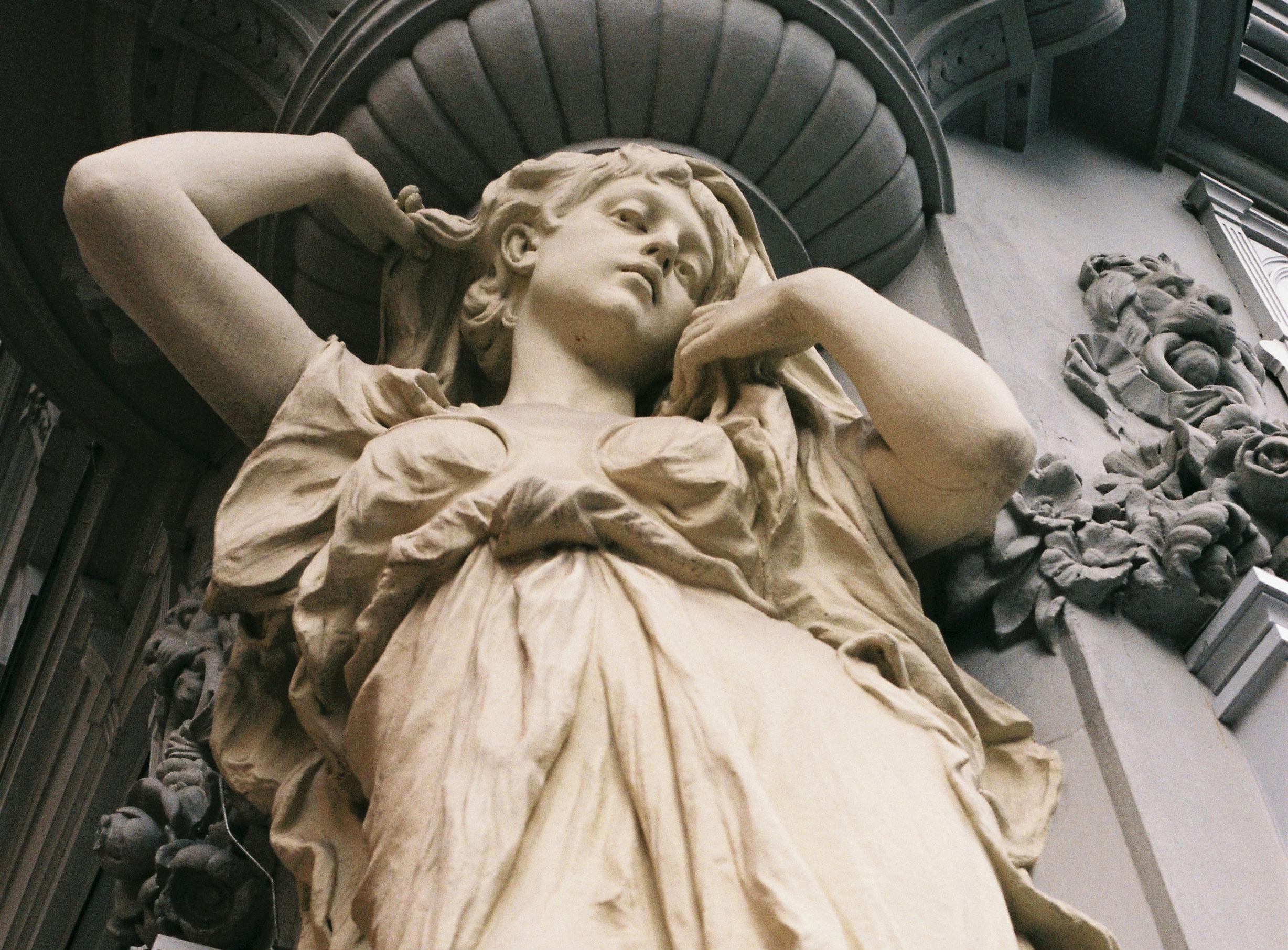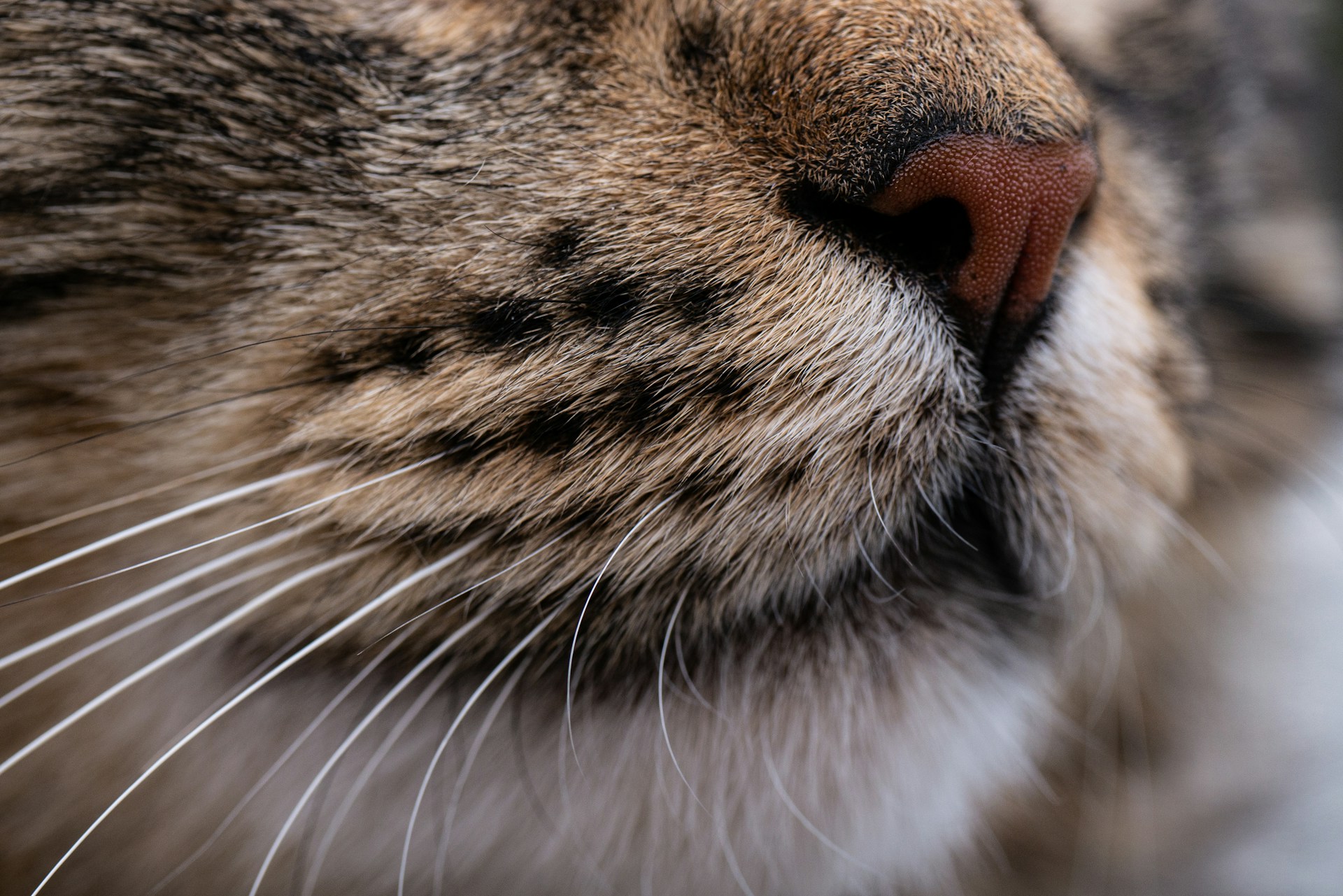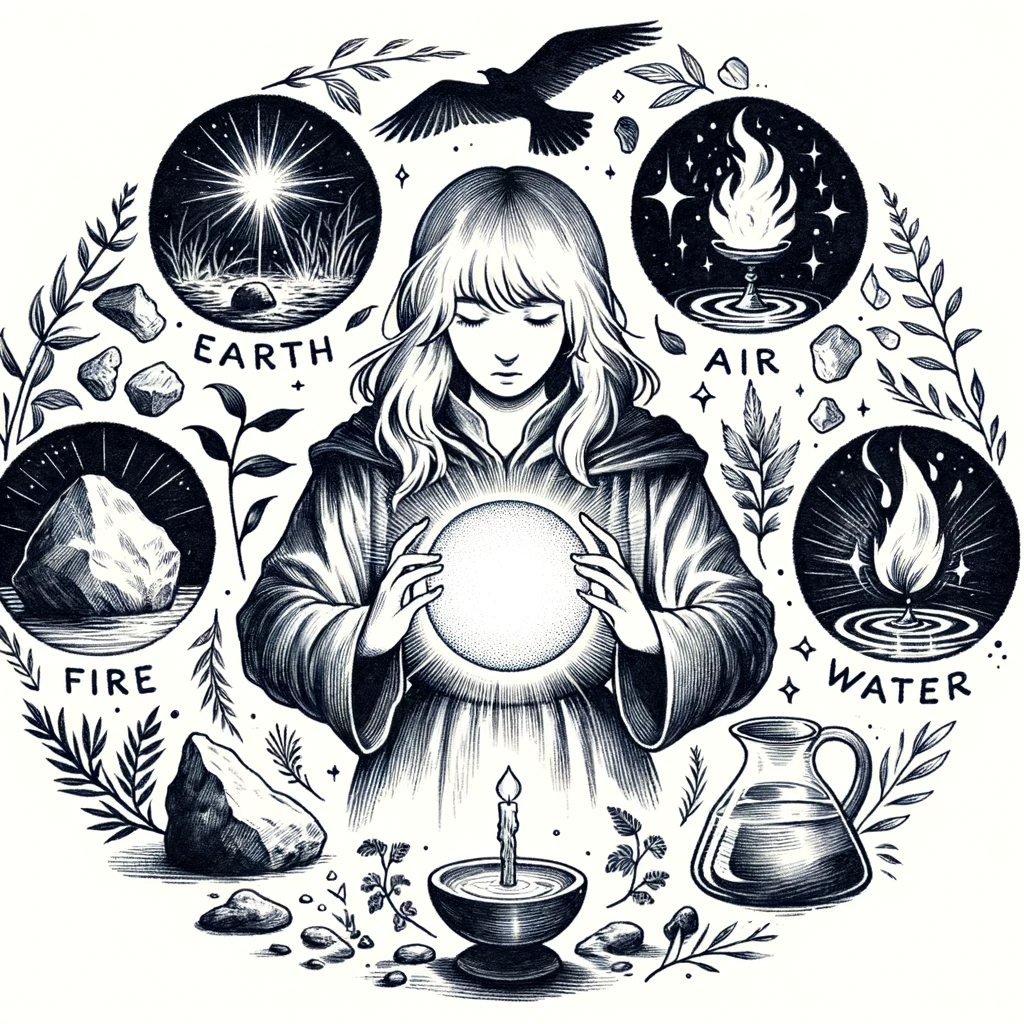Witchcraft, a practice shrouded in mystery and often misunderstood, has seen a resurgence in recent years. This renewed interest brings to light the importance of a topic that’s crucial yet often overlooked: ethics and responsibility in witchcraft.
In this article, we’ll explore the ethical considerations that every practitioner should be aware of, from the foundational principles of harm none to the complexities of navigating grey areas in magick. This journey into the ethical landscape of witchcraft aims to provide a comprehensive understanding of how ethics play a pivotal role in the practice.
Understanding the Foundation of Witchcraft
Witchcraft, an ancient practice with a rich history, is as diverse as it is complex. Often associated with magick, rituals, and a deep connection to nature, witchcraft encompasses a broad spectrum of beliefs and practices. From Wicca, a modern Pagan religion, to traditional folk magick, the forms and expressions of witchcraft vary widely.
Despite this diversity, a common thread in all witchcraft practices is the profound respect for nature and the unseen forces of the universe. However, it’s vital to dispel common misconceptions – witchcraft is not inherently evil, nor does it conform to the sensationalized portrayals in popular media.
Understanding this foundation is key to appreciating the ethical nuances in witchcraft.
The Role of Ethics in Witchcraft
In witchcraft, ethics are not just a set of rules but a framework for making decisions that honor the practitioner, their community, and the natural world.
Ethics in witchcraft go beyond mere right or wrong; they are about understanding the impact of one’s actions on others and the environment. This importance stems from the interconnected nature of all things, a core belief in many witchcraft traditions.
Furthermore, ethics in witchcraft are personal. What one practitioner deems ethical, another might not. This subjectivity makes the discussion around ethics not only complex but also essential for responsible practice.
Core Ethical Principles in Witchcraft
Harm None: Understanding the Wiccan Rede
The Wiccan Rede, an adage stating, “An it harm none, do what ye will,” is a fundamental ethical principle in many witchcraft traditions, especially Wicca.
This principle advocates for actions that do not harm others, be they human, animal, or part of nature. It’s a guideline that encourages practitioners to think deeply about the consequences of their magickal workings and everyday actions.
Personal Responsibility: The Law of Return/Threefold Law
Closely related to the Wiccan Rede is the Law of Return, often referred to as the Threefold Law. This principle suggests that whatever energy a practitioner puts out into the world, be it positive or negative, will return to them threefold.
It underscores the importance of personal responsibility, reminding practitioners that their actions, magickal or otherwise, have consequences.
Consent in Magick: Respecting Free Will
Consent is a crucial ethical consideration in witchcraft. Performing magick on or for someone without their explicit permission is generally considered unethical. This principle respects individual autonomy and acknowledges the importance of free will in magickal practices.
Environmental Responsibility: Connection with Nature and Eco-Conscious Magick
Environmental responsibility is a key ethical principle in witchcraft, reflecting the deep connection practitioners have with nature. This involves practicing eco-conscious magick, which means being mindful of the environmental impact of one’s practices and striving to harmonize with nature rather than exploit it.
Navigating Grey Areas in Magickal Ethics
Witchcraft often deals with complex ethical scenarios that aren’t strictly black or white. These grey areas require careful consideration and discernment.
For instance, defensive magick, while intended to protect, raises questions about the ethical implications of manipulating energy or circumstances against a perceived threat.
Additionally, the use of love spells, which can impinge on someone’s free will, sparks debate among practitioners. Navigating these grey areas involves a balanced approach, weighing the potential outcomes against the ethical principles of one’s practice.
The Responsibility of Knowledge and Power
Witchcraft involves more than just the execution of rituals or spells; it encompasses a journey of learning and understanding. With knowledge comes power, and with power comes responsibility. This aspect of witchcraft ethics emphasizes the need for practitioners to be continually learning about their craft, the world around them, and the impact of their practices. I
t’s not just about gaining power but using it wisely and ethically. This responsibility extends to the sharing of knowledge. Teaching or guiding others in the craft carries a significant ethical weight, requiring honesty, integrity, and a respect for the learner’s journey.
Self-Accountability and Personal Growth in Witchcraft
An integral part of ethical witchcraft practice is regular self-reflection and assessment. Practitioners are encouraged to examine their actions, intentions, and the outcomes of their magick. This process fosters personal growth and helps in evolving one’s ethical framework.
As practitioners grow in their craft, their understanding of ethics can deepen and change, necessitating a flexible approach to ethical considerations. Moreover, engaging with the wider witchcraft community and seeking peer feedback can offer diverse perspectives and insights, further enriching one’s ethical practice.
Ethical Dilemmas and Decision Making in Witchcraft
Practitioners of witchcraft often face ethical dilemmas that challenge their beliefs and principles. These dilemmas might arise from conflicting ethical standards, the complexities of specific magickal situations, or the diverse views within the witchcraft community.
Making ethical decisions in these scenarios involves a careful consideration of all aspects, including potential outcomes, personal beliefs, and communal norms. A structured approach to decision-making, such as weighing the pros and cons or consulting trusted fellow practitioners, can be invaluable in these situations.
Ethics and responsibility are foundational to the practice of witchcraft. They guide practitioners in making informed, respectful, and harmonious decisions in their craft. This exploration into the ethical landscape of witchcraft underscores the importance of continual learning, self-reflection, and community engagement in developing a responsible practice.
As witchcraft continues to evolve, so too will its ethical considerations, reflecting the dynamic nature of this ancient yet ever-relevant practice.
















